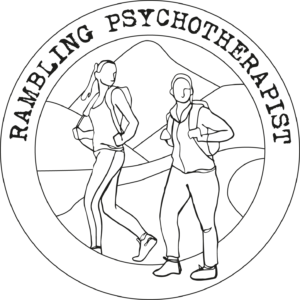 Self-regulation – the latest buzz word…
Self-regulation – the latest buzz word…
There’s no doubt about it, self-regulation is a big thing in the therapy and self-development industries at the moment. Everywhere you turn someone is suggesting you somatic this or breathe that.
I love it! There are so many fabulous free resources out there to support people to change their experience, and so many little positive tweaks that people can make to their daily lives, by just adding in some short practices scattered here and there throughout the day.
I love how accessible a lot of these things are, no need to commit to overly lengthy and time consuming self-care practices in order to start seeing some small improvements.
There’s a draw back though – because all of these free reels and other micro-resources are created to be easily digestible in as short an amount of time as possible, they often skip out on telling you just exactly how self-regulation will help you. They frequently neglect to share a vital piece of information – self-regulation won’t somehow magically make you feel good all the time.
When you spend a lot of your time feeling crap, you are probably looking for the pill or magic potion to change your life, and these micro-resources often look like they will be it. If only it were that easy.
Self-regulation practices, in my experience, are a really useful component in helping us to make long lasting and positive change in our lives. They support us to come back into a state of being socially engaged and having good executive function when we have been triggered into a fight/flight/freeze response. They also help us to widen our window of tolerance so that we can experience situations and experiences which we find difficult, without becoming triggered. So, they are really important.
And, so are grounding and balancing self-care practices, so is learning how to set and maintain healthy boundaries, so is learning how to trust yourself, so is learning to accept and integrate all parts of you (especially the ones you find challenging), so is learning how to leave responsibility for certain things with the people it belongs to, and so many more things.
Self-regulation practices are an essential component in anyone’s journey towards positive change, there is no doubt about it. They are the glue that help us bind together all of the other things I mention above and support us to stay whole. I think people just need to understand why they are supportive and also that they are not a magic pill that will take away all the bad experiences that make you feel like sh*t!
If you are wanting to learn a little more about ways to self-regulate, check out my short series that I’m running on my socials (Facebook and Insta – links down below) at the moment. I’m talking about ways to engage with the outdoors in order to soothe your senses.
If you want to have a chat about whether working together might be supportive for you, drop me an email to rachel@ramblingpsychotherapist.co.uk and let’s book in a discovery call.
Find me on Facebook here – Rambling Psychotherapist – Facebook
Find me on Insta here – Rambling Psychotherapist – Instagram

Leave a Reply
Want to join the discussion?Feel free to contribute!